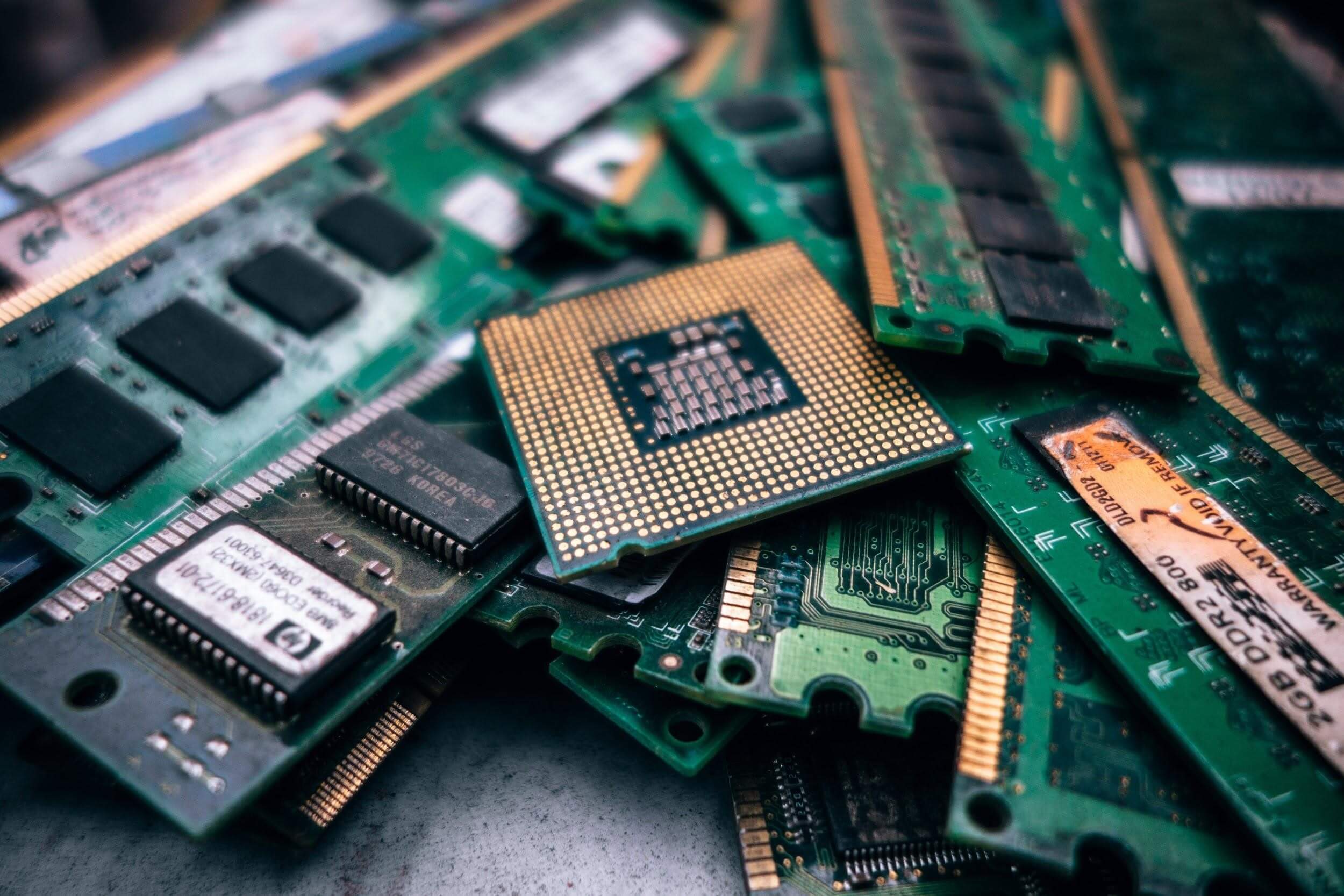Why E-Waste Is a Growing Problem in Africa’s Gadget Market
Africa’s gadget boom is creating an e-waste crisis. Here’s what you need to know.

olamide a
What E-Waste Is and Why It Matters
Electronic waste, or eWaste, refers to discarded gadgets and electronic devices such as smartphones, laptops, chargers, and accessories. Unlike traditional waste, eWaste often contains toxic materials like lead, mercury, and cadmium, which can harm both people and the environment if not disposed of properly.

Globally, eWaste is one of the fastest growing waste streams and Africa is increasingly part of this story.
The Rise of Gadget Consumption in Africa
Africa’s tech boom has led to a surge in gadget imports and local adoption:
Smartphones are now widely accessible, with budget models selling under ₦60,000 in Nigeria and similar entry level options across Kenya, Ghana, and South Africa.
Demand for laptops and accessories has increased, fueled by remote work and e-learning.
Telcos and e-commerce platforms are making it easier to buy devices on installment or via BNPL (Buy Now, Pay Later) models.
While this growth is positive for digital inclusion, it also accelerates how quickly devices reach their end of life cycle feeding into the continent’s eWaste problem.
Dangers of Unchecked E-Waste
E-waste carries serious risks:
Environmental Damage: Improper disposal leads to toxic leaks into soil and water.
Health Risks: Informal recycling often involves burning or dismantling devices, exposing workers to harmful chemicals
Economic Losses: Valuable metals like gold, copper, and lithium go to waste instead of being recovered for reuse. With limited recycling infrastructure in most African countries, much of this waste ends up in landfills or informal markets.
Solutions: Recycling and Refurbishing
Several solutions can help curb the eWaste crisis in Africa:
Recycling Facilities: Investment in formal recycling plants to recover materials safely.
Refurbishing and Reselling: Extending gadget life through certified refurbishing programs.
Consumer Awareness: Encouraging users to trade in or recycle rather than discard devices.
Circular Economy Models: Tech companies offering take-back programs and repair services.
Some startups in Nigeria, Kenya, and South Africa are already pioneering e-waste recycling, but large-scale adoption is needed.
Role of Governments and Businesses
Governments and corporations have a major role in tackling eWaste:
Policy and Regulation: Stronger laws on eWaste management and importation of used electronics.
Incentives: Tax breaks or funding for businesses that run recycling and refurbishing programs.
Public Private Partnerships: Collaboration between telcos, e-commerce platforms, and governments to set up collection points.
Conclusion
If businesses and governments take proactive steps, Africa can turn eWaste from a crisis into an opportunity creating jobs and driving sustainability in the tech ecosystem.




